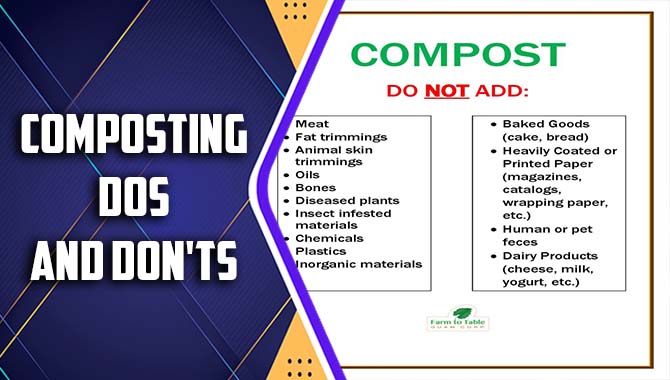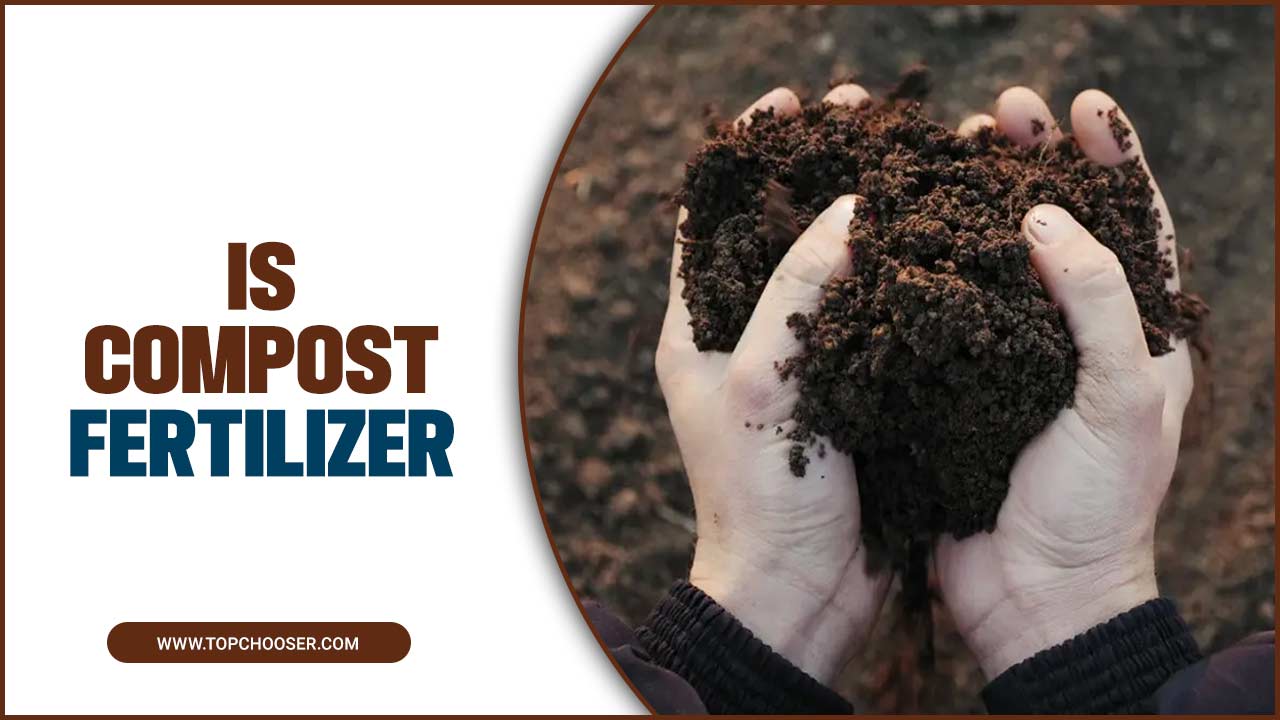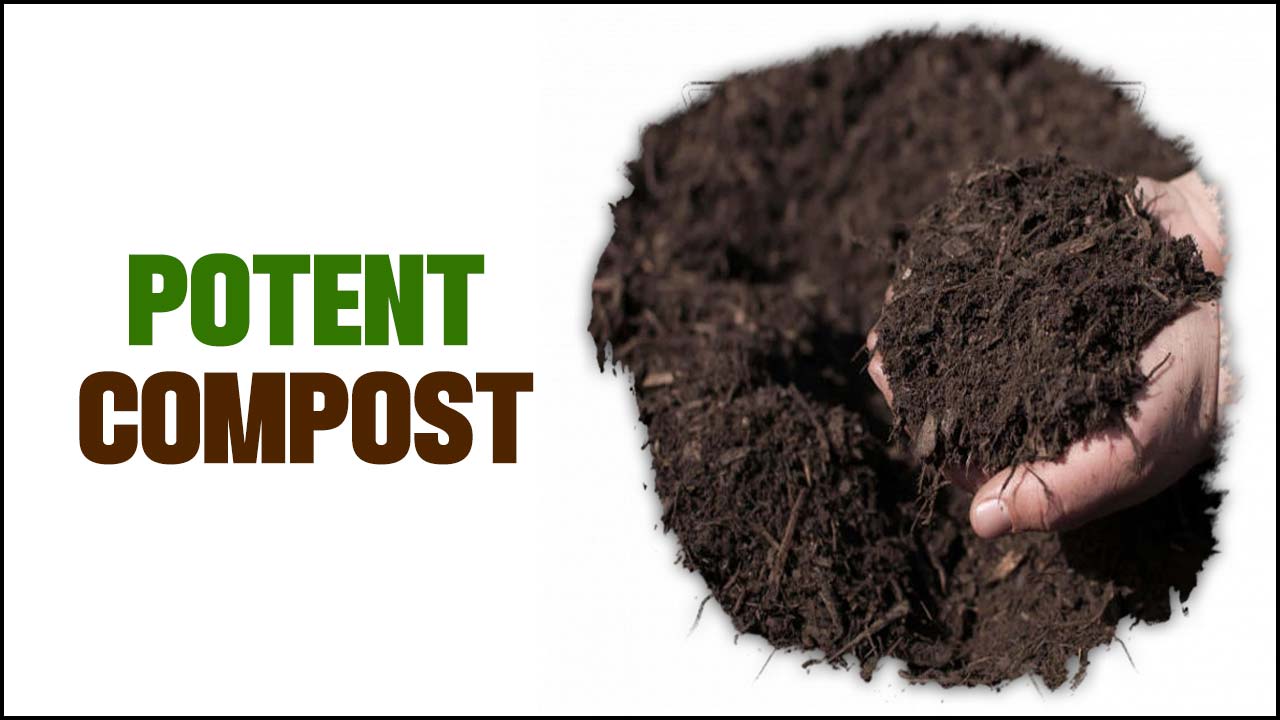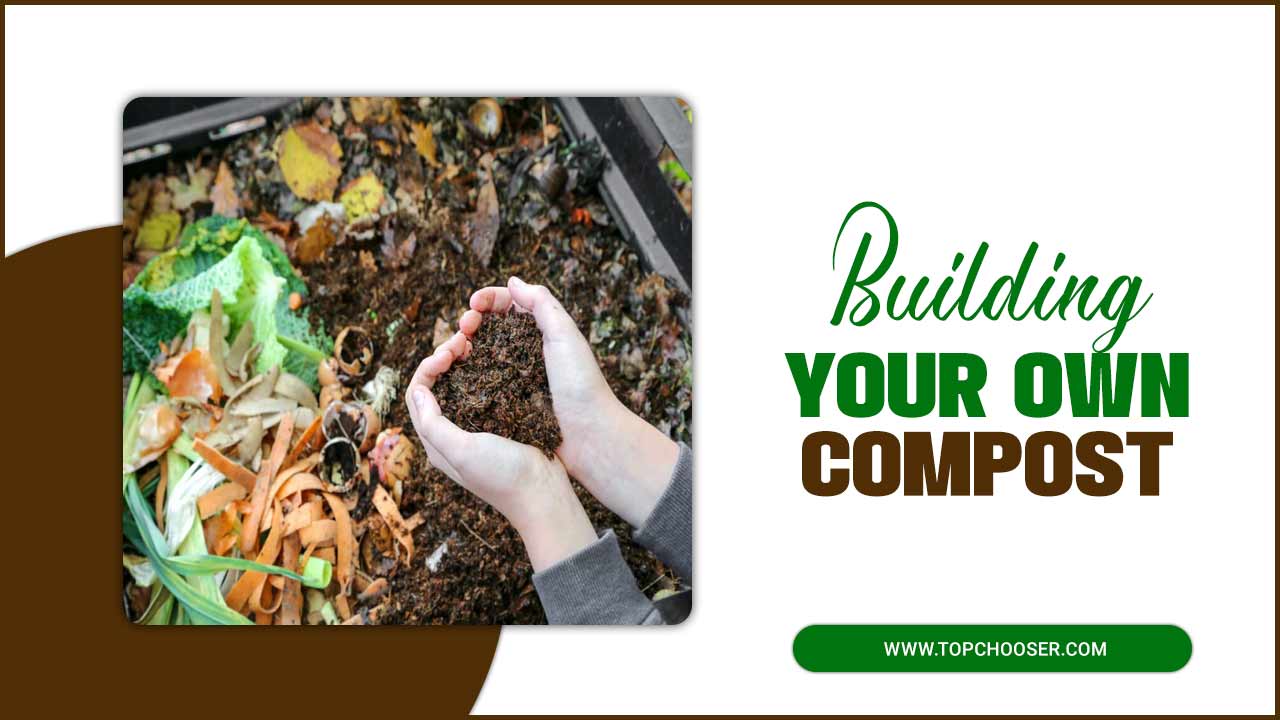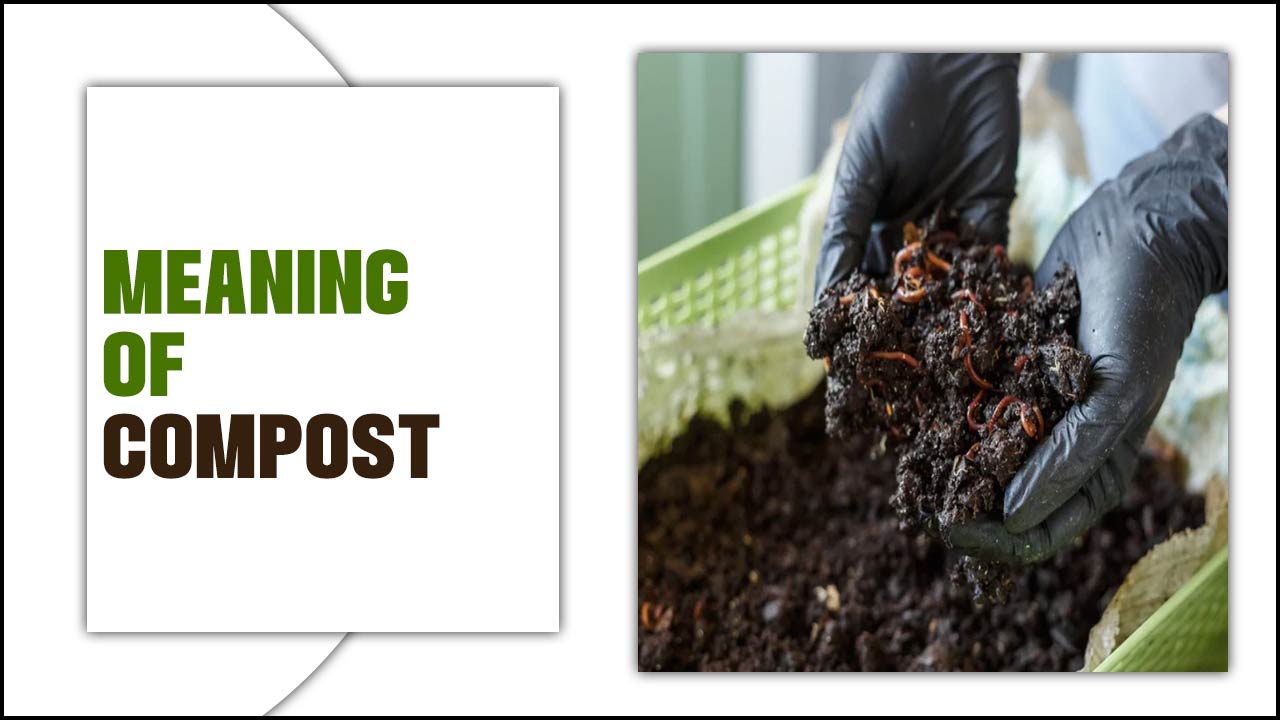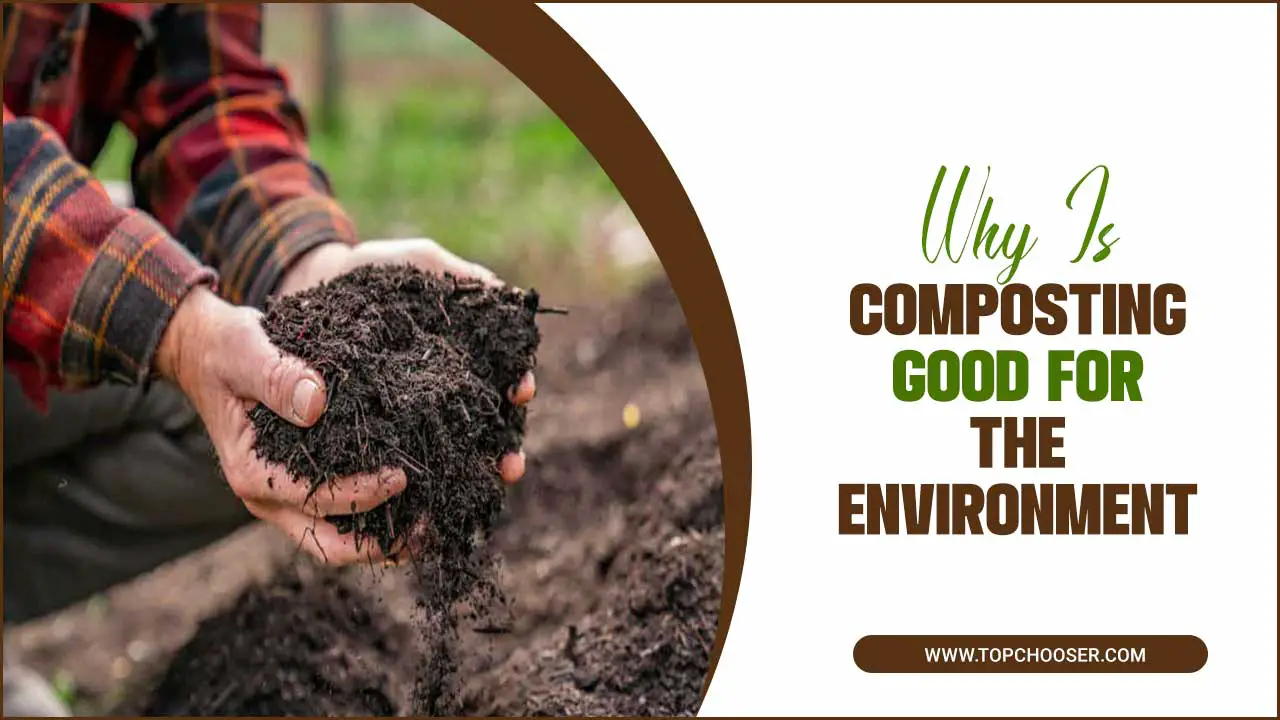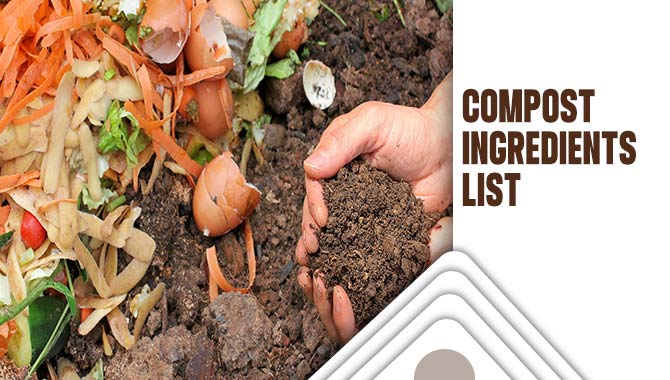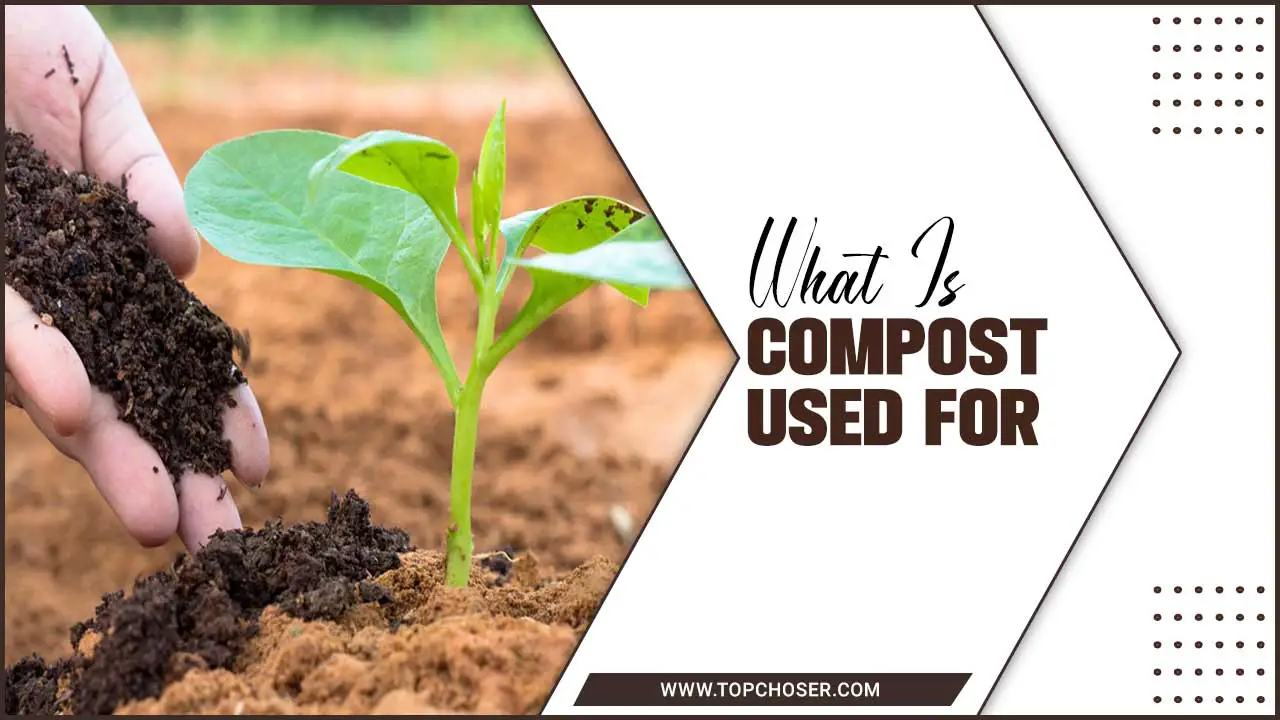Soil compost is an essential ingredient for healthy plants and a thriving garden. It enriches the soil with nutrients, improves soil structure, and promotes healthy plant growth. Using soil compost is an eco-friendly way to fertilize your garden and helps reduce waste by recycling organic matter. However, many gardeners are unsure of how to use soil compost effectively.
We will provide step-by-step instructions on using soil compost in your garden. We will detail how to prepare and apply the compost to your garden beds, containers, or lawn. Therefore, depending on your garden or lawn size, we will also cover how much compost you need.
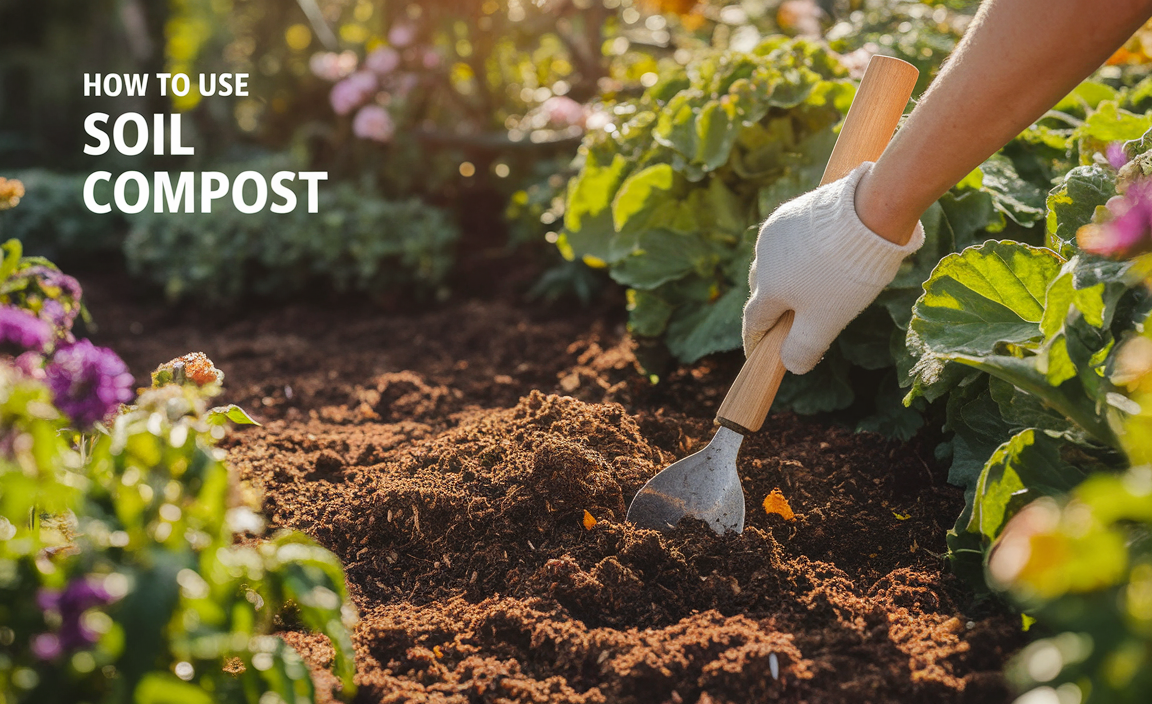
What is soil-compost
Soil compost is a mixture of organic matter to improve soil quality and fertility. It is the product of decomposed organic matter, such as food scraps, leaves, grass clippings, and manure, replenishing vital nutrients in the soil. When organic matter is added to the ground, it stimulates the growth of beneficial microorganisms that help break down the matter into nutrient-rich humus.
This humus helps improve soil structure, water retention, and nutrient absorption, creating more fertile and productive soil. Soil compost is an environmentally friendly way to recycle organic waste and turn it into a valuable resource for gardening and farming. It is an excellent alternative to chemical fertilizers, which can harm the environment and human health.
Nourish Your Garden Naturally: Mastering Soil Compost Use
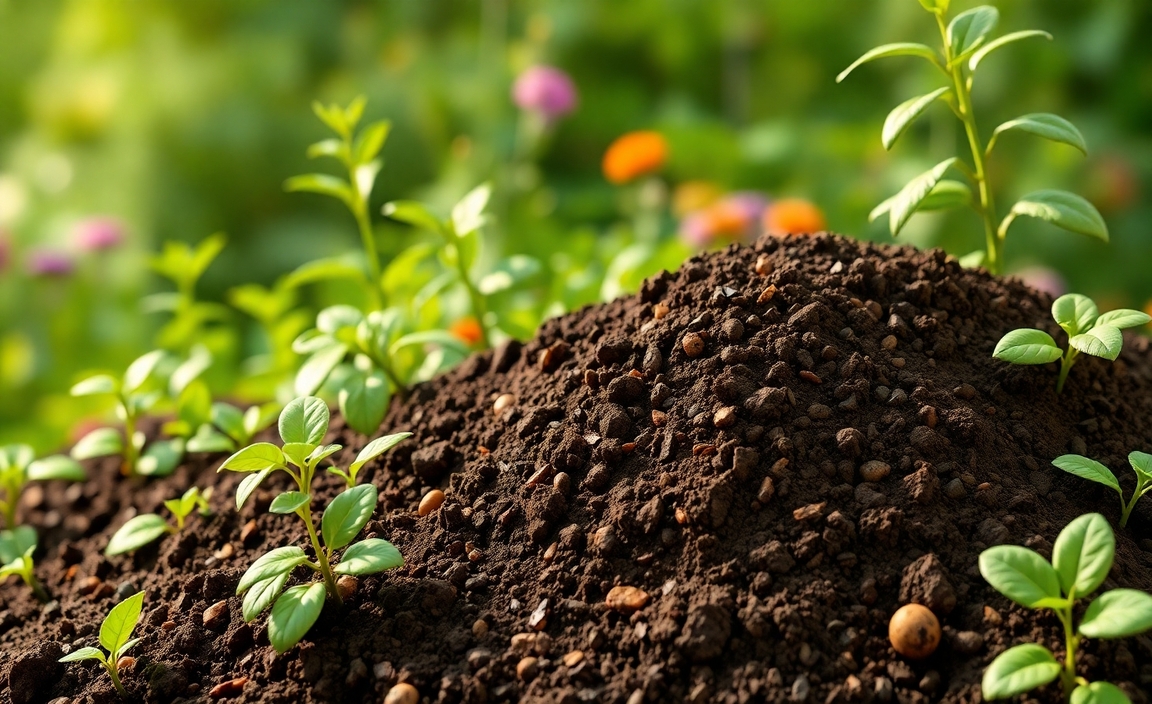
Knowing how to use soil compost is essential for anyone interested in maintaining a healthy garden or farm. Composting breaks down organic matter into a nutrient-rich soil amendment that can improve soil quality and plant growth. When done correctly, composting can reduce the amount of waste sent to landfills, decrease the need for chemical fertilizers, and improve soil health by increasing microbial activity and nutrient availability. Here is to help you learn how to use this compost.
Prepare the soil
Preparing the soil is an essential part of gardening. It is necessary to ensure that plants grow healthy and strong. Before planting, it is crucial to enrich the soil with compost. Soil compost combines decayed organic matter such as leaves, grass, and kitchen scraps. It is an excellent source of plant nutrients, improves soil structure, and retains moisture.
To prepare the soil, loosen it by tilling or spading to aerate it. Then, add the compost to the soil. The amount of compost needed depends on the garden size and the type of plants that will be grown. A general rule of thumb is adding one to two inches of compost to the top soil layer and mixing it well.
Use compost as a side or top dressing
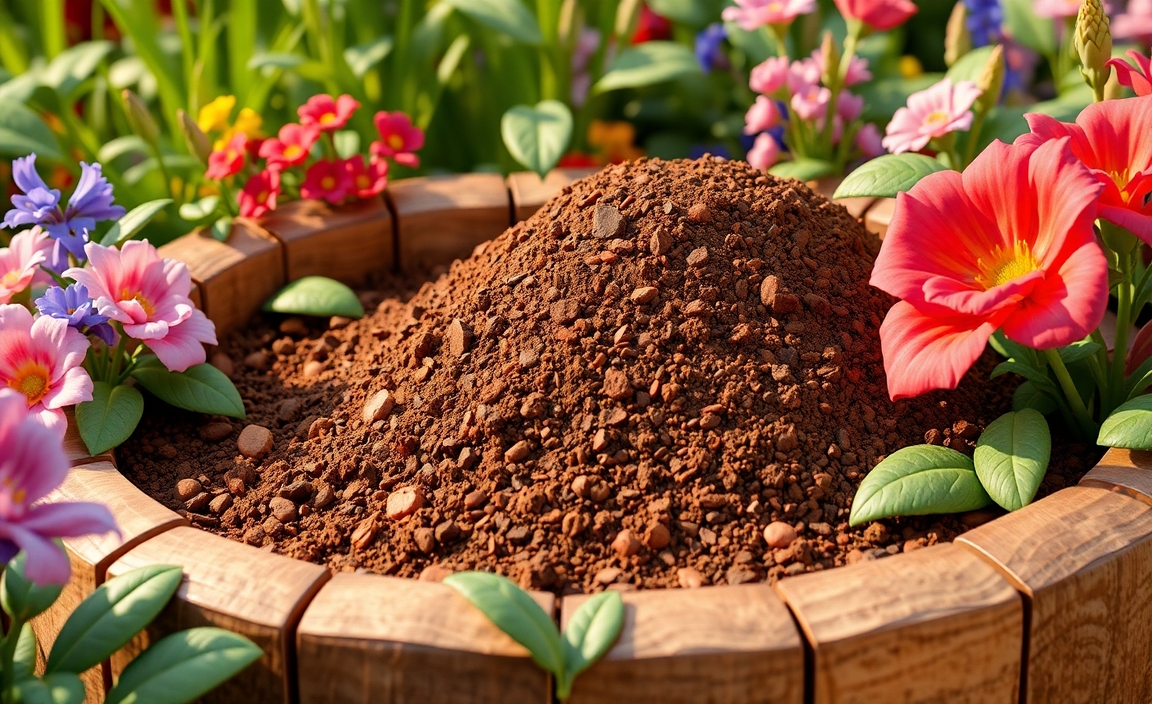
Composting is an excellent way to recycle organic waste and produce nutrient-rich soil for your plants. One way to utilize compost in gardening is to use it as a side or top dressing for your soil. This involves adding a layer of compost on the soil’s surface or incorporating it into the top layer of soil. When used as a top dressing, the compost provides a slow-release source of nutrients that gradually feeds your plants over time.
As the compost breaks down, it improves the soil texture and structure, making it easier for plant roots to absorb water and nutrients. Alternatively, you can mix compost into the top layer of soil before planting to ensure that the nutrients are distributed evenly throughout the soil.
Revive potting mix
Revive potting mix can be a lifesaver for your plants. Its unique blend of nutrients provides the perfect environment for your plants to thrive. But before using it, you must understand how to use soil compost. Soil compost is a mixture of organic matter, such as leaves, grass clippings, and kitchen scraps, that microorganisms have broken down. It is a great way to improve the quality of your soil and provide your plants with a rich source of nutrients.
Mulch to control weeds
One of the most effective ways to control weeds in your garden is by using mulch. Mulch is a layer of organic or inorganic material spread over the soil to protect it from the elements and help retain moisture. Organic mulches, such as bark, leaves, and grass clippings, can also help to suppress weed growth by smothering them. When using mulch to control weeds, applying a layer at least 2-3 inches thick ensures the weeds are completely covered and cannot penetrate the soil.
Make compost tea
Making compost tea is a great way to enrich your soil and give your plants the nutrients they need to thrive. To make compost tea, start by collecting your compost and putting it into a large container. You’ll want to use about one part compost to five parts water. Let the mixture sit for a day or two, stirring occasionally, and then strain the liquid through a cheesecloth or fine mesh strainer.
Your compost tea is now ready to use. To use soil compost in your garden, start by spreading a layer over your existing soil. You can also mix it with your existing soil if planting new plants. The compost will help to improve soil structure, increase nutrient availability, and promote healthy root growth.
Boost new plants
When you’re looking to boost the growth of new plants, soil compost is the way to go. Composting is a simple process that turns organic materials into nutrient-rich soil. To make compost, collect vegetable scraps, leaves, and grass clippings in a bin or pile. Over time, the materials will decompose, creating a dark, crumbly substance that can be handy to enrich soil. To use soil compost, mix it into the soil before planting. The compost will give plants the nutrients they need to grow strong and healthy.
Maintain the soil
Maintaining the soil through composting is an essential part of gardening. Composting is an easy and eco-friendly way to enrich the soil and create a healthy plant growth environment. Knowing how to use it properly is important to get the most out of soil compost. First, add a layer of compost to the topsoil of your garden beds. Make sure to work the compost into the soil, evenly distributed.
This will help to improve the soil’s texture, drainage, and nutrient content. Additionally, you can use compost as a top dressing around established plants to help keep the soil moist and reduce weed growth. Another way to utilize compost is to mix it with water and use it as a natural fertilizer for your plants.
Benefits of soil-compost
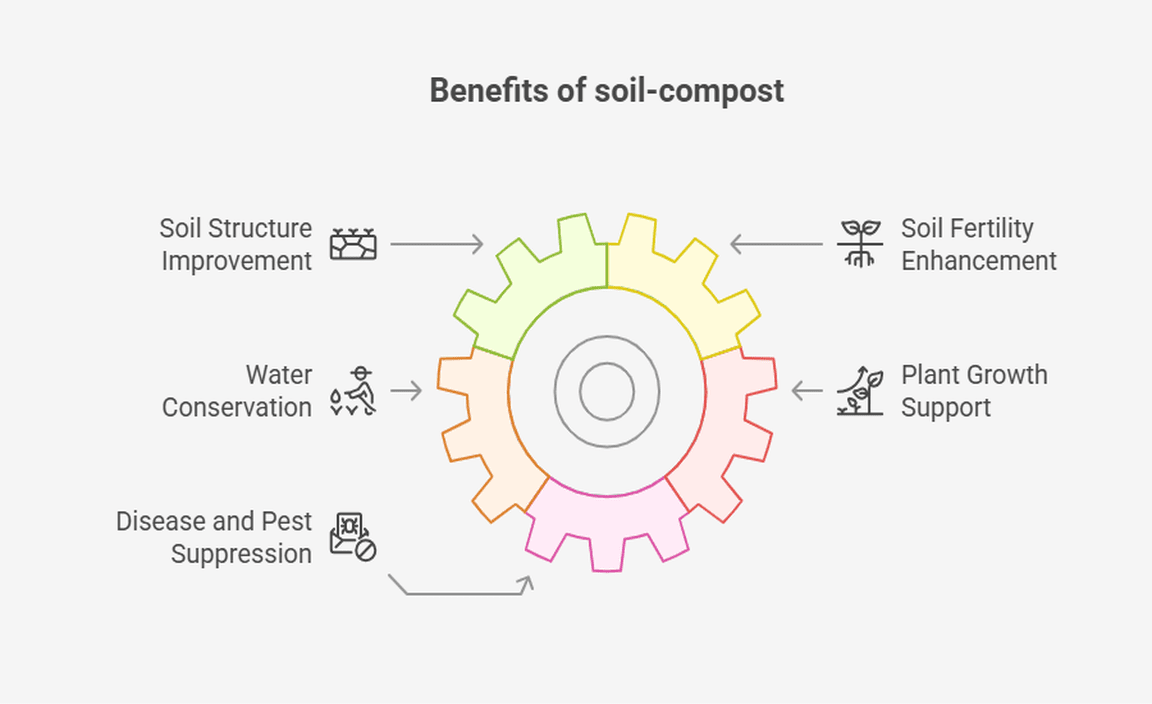
Knowing the benefits of soil compost is crucial for gardeners and farmers alike. Composting breaks down organic matter into a nutrient-rich soil amendment that can improve soil health and support plant growth. Composting helps to reduce waste in landfills, lower greenhouse gas emissions, and conserve water.
- Improves soil structure and texture
- Increases soil fertility and nutrient content
- Enhances water-holding capacity of soil
- Supports growth and development of healthy plants
- Suppresses plant diseases and pests
Common misconceptions about composting
Soil compost results from a decomposition process where organic green materials, such as grass clippings and kitchen scraps, are mixed with brown plant materials like leaves and bark chips. To create usable compost, a mix of wet materials like vegetable peels and garden waste should be turned regularly with a garden fork to aerate the pile. Excess moisture can be managed by adding dry brown materials and monitoring the compost tumbler, ensuring it is not too wet. This process can be carried out outdoors, utilizing an anaerobic digester to speed up decomposition. The final product, black gold, is a valuable resource for enriching the soil and promoting plant growth, known as the blocks of life. Here are Common misconceptions about composting:
- Composting is difficult and time-consuming.
- Composting creates bad odors.
- Compost piles attract pests and rodents
- You need a large space to compost
- Composting is only for people with gardens
FAQ
What is soil compost, and how is it made?
Soil compost is a mixture of decomposed organic matter that is handy for improving soil quality. It combines leaves, grass clippings, food scraps, and other organic waste in a compost bin or pile.
What are the benefits of using soil compost?
Soil compost can improve soil fertility, soil structure, and water retention. It also helps to suppress soil-borne diseases and pests.
How often should I use soil compost?
The frequency of use depends on the condition of your soil. Generally, you can apply soil compost annually or twice yearly to maintain good soil health.
How do I use soil compost in my garden?
To use soil compost, mix it with your existing soil or spread it around the base of your plants. Aim for a ratio of 1:1 compost to soil. You can also use it as a top dressing for your lawn or to create a raised garden bed.
How can soil compost be used effectively?
Soil compost is a valuable resource that can enhance garden soil fertility. It should be mixed well into the soil and used effectively with other organic fertilizers and soil conditioners.
Conclusion
Soil composting is a great way to create nutrient-rich soil to help plants thrive. Following the steps, you can successfully create your compost and use it to improve your garden or lawn. Remember to be patient and consistent with your composting process and to pay attention to the health of your compost pile. With a little effort, you can create a sustainable and environmentally friendly way to improve your soil and support healthy plant growth. In addition to soil composting, there are other ways to save on diapers without couponing. One option is to buy in bulk. Purchasing a larger quantity of diapers at once often results in a lower price per diaper.
Resource:
composting at home tips: https://www.epa.gov/recycle/composting-home
composting basics: https://www.nrdc.org/stories/composting-101
how to make compost tea: https://www.thespruce.com/compost-tea-benefits-and-how-to-make-it-2539474
benefits of using mulch: https://www.gardenersworld.com/how-to/maintain-the-garden/why-use-mulch/

I am passionate about home engineering. I specialize in designing, installing, and maintaining heating, ventilation, and air conditioning systems. My goal is to help people stay comfortable in their homes all year long.

